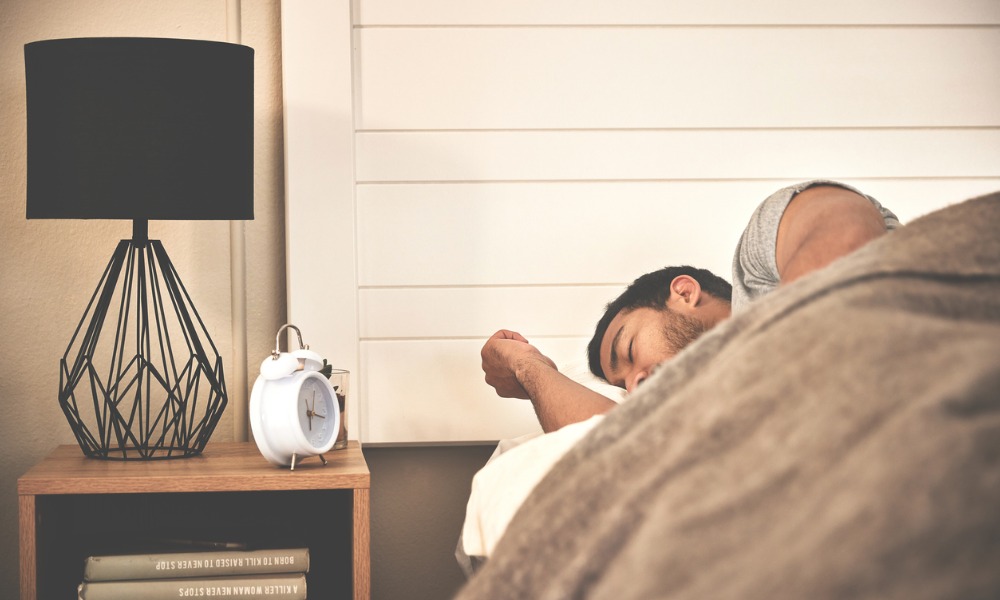Rising to improve sleep and mental health, Canadians tackle wellness amid time changes

Canadians are increasingly focusing on their health and wellness, with an emphasis on improving sleep, as revealed by a recent study reported on Newswire Canada.
The Pearl Strategy and Innovation Design's findings show a notable uptick in the number of Canadians striving to enhance their sleep, with a surge to 90 percent in 2023, marking a growth of +6 points from 84 percent in 2020 and +4 points from 86 percent in 2019.
Beyond sleep, the study uncovers rising concerns over mental health and the quest for more energy.
The anticipated time change on March 10th, which will see Canadians lose an hour of sleep, exacerbates these wellness challenges, raising questions about the change's relevance despite the advantages of increased daylight and Vitamin D.
Susan Weaver, managing director strategy and innovation at Pearl Strategy, shared insights into Canadians' post-pandemic wellness behaviors.
“We know from interviewing Canadians post-pandemic; they are more proactive with self-care. They are actively seeking out information and products to help with foundational habits and learning how food can help them feel more energized," she stated.
The Pearl Health and Wellness study, conducted in December 2023, surveyed 1,015 Canadians to be regionally representative, excluding Nunavut, Yukon, and NWT. It captured a broad spectrum of health, wellness, and consumption preferences across Gen Z, Millennials, Gen X, and Boomers.
Weaver highlighted the significance of understanding Canadian wellness trends. “We make it our business to know what's on the minds of Canadians, that's why every year we check-in on wellness priorities, choices, and habits.”
“The Pearl study allows us to make some interesting correlations, like knowing that seven in 10 Canadians are more likely to consume foods with protein when working on their wellness, valuable insight for consumers or anyone in the food business," she added.
Considering March being Nutrition Month and the stressful seasonal time change, the study's findings aim to support individuals and companies in pursuing healthier lifestyles. Key insights from the report include:
-
Improving Sleep: Women express higher concerns about lack of sleep (61 percent vs. 54 percent) and tiredness/lack of energy (58 percent vs. 52 percent) compared to men. Gen Z places a high priority on sleep improvement (63 percent), outpacing Millennials (52 percent) and Gen X (48 percent). Among the top actions to improve sleep are taking prescription medicine (54 percent), pursuing self-care (48 percent), and meditation (45 percent).
-
Focus on Mental Health: There's been a +6 point increase in mental health concerns in 2023 from 2020. Women and Gen Z report higher rates, with 54 percent of women focusing on mental health and 73 percent of Gen Z emphasizing it. Key actions for improving mental health include self-care (48 percent), spending time in nature (48 percent), and seeking health and wellness professionals (38 percent).
-
Efforts to Build Energy/Vitality: Concerns over tiredness and lack of energy are more pronounced among women (58 percent vs. 52 percent) and Gen Z (58 percent importance on increasing energy). Strategies to boost energy include engaging in self-care (48 percent), exercise (47 percent), and spending time outdoors (46 percent).



